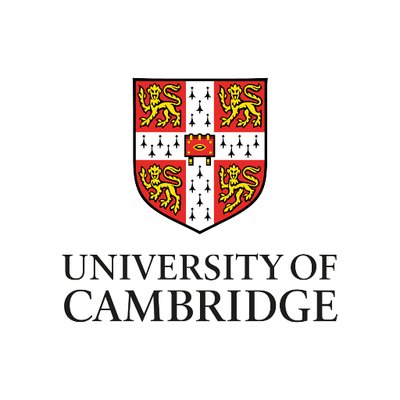University of Cambridge: Cambridge spin-out receives European Innovation Council grant to develop cancer imaging technologies
Spin-off company Cambridge Raman Imaging Ltd. and the Cambridge Graphene Centre will lead ‘CHARM’ project, recently awarded with €3.2 million
Funding from the European Union is an integral part of the Cambridge Graphene Centre’s success
Andrea Ferrari
The European Innovation Council (EIC) has awarded the first Transition Grant to Cambridge’s Department of Engineering. The project CHARM (chemometric histopathology via coherent Raman imaging for precision medicine) has received over €3.2 million to develop new medical imaging technologies. EIC funding will help the transition to industrial applications of graphene-enabled ultrafast lasers of the Cambridge Graphene Centre.
The EIC is Europe’s leading innovation programme to identify, develop and scale up breakthrough technologies and game-changing innovations. The Transition scheme is designed to further advance research results generated by other EU-funded initiatives, such as the European Research Council (ERC) Proof of Concept projects.
CHARM will develop a medical device based on high-speed, low-cost Raman digital imaging and artificial intelligence, to transform cancer diagnosis and treatment. Raman spectroscopy is a non-destructive technique used to investigate materials through their vibrational modes. It allows high speed, label-free imaging. The CHARM technology will analyse the molecular composition of patient tissue samples to distinguish cancerous from healthy cells, without the need for chemical staining.
CHARM is a European collaboration between the Cambridge Graphene Centre at the University of Cambridge, its spin-off Cambridge Raman Imaging, Politecnico Di Milano, Consiglio Nazionale Delle Ricerche ans INsociety in Italy, Jena University Hospital in Germany, and Inspiralia in Spain.
CHARM builds on the results of the ERC Proof of Concept grant GYNCOR, led by Professor Andrea Ferrari, Director of the Cambridge Graphene Centre. Within this ERC project, Cambridge researchers developed and patented a graphene-enabled laser technology that CHARM will transition to a medical device.
The EIC funding will help mature and validate the technology, as well as build a strong business case to accelerate the way towards commercialisation. On top of funding research and innovation, the EIC offers awardees business advancement services, including coaching, mentoring, and partnering events. CHARM will also have fast-track access to the EIC Accelerator programme, which financially supports later phases, such as commercialisation and scale-up.
“Funding from the European Union is an integral part of the Cambridge Graphene Centre’s success,” said Ferrari. “The European Research Council and the European Innovation Council are two of the most prestigious funding programmes worldwide. The University of Cambridge has a very strong track record in receiving ERC funds. I am sure this first EIC transition grant will pave the way for many more to follow. We all need to join the call to ‘stick to science’ and ensure that open and barrier-free collaboration among Europe’s research and innovation actors, who all share the same values, continues without unnecessary delays and interruptions.”

